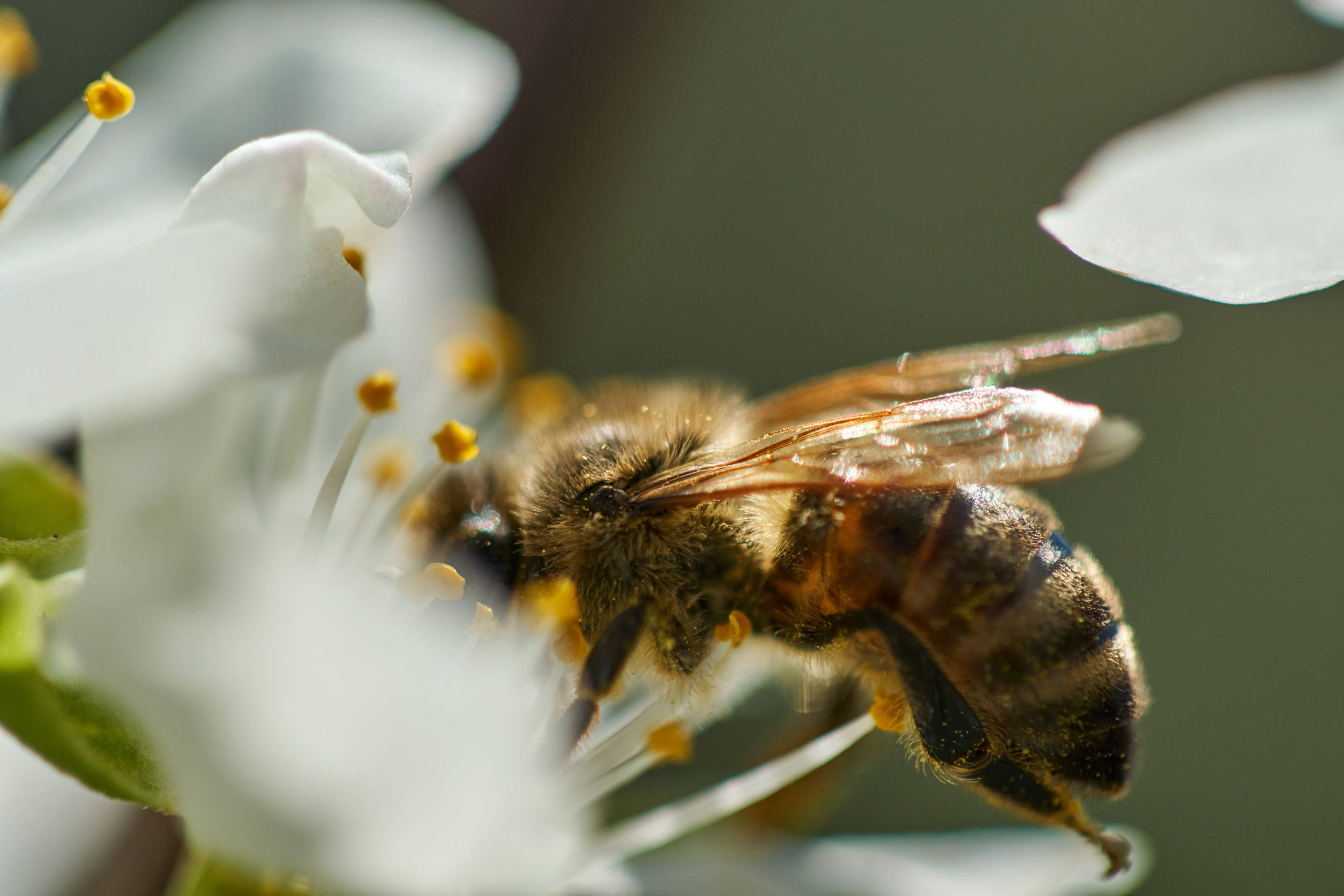Urbanists across the world often look to the Netherlands for teachings on how to do urban planning the right way, especially when it comes to mobility. So, it’s no surprise that the authors of a new book called Curbing Traffic: The Human Case for Fewer Cars in Our Lives turn to Dutch cities to exemplify the wide-ranging benefits of designing city streets that prioritize cyclists and pedestrians.
One of the examples highlighted by the book — written by urban mobility advocates Melissa and Chris Bruntlett — is a bike-friendly intersection in the quaint Dutch city of Delft, where the light is almost always green for cyclists and pedestrians. In the case a car approaches the intersection, it has to wait as the stoplight automatically turns red for the bike path — but only lats for a few seconds, after which the flow of bikes and people can continue to move.
There are only a few other intersections in Delft that have similar signals. What is more common is for streets to have no traffic signals at all. “They basically remove any type of signalization or priority, and just rely on trust and hand signals and social cues and cooperation to get people through the intersections,” says Chris. This is partly possible because Delft — like the rest of the Netherlands — is so bike-centric. In fact, roughly half of Delft citizens get around by bike, versus only 20 percent by car.
As Chris further explains, when people are driving cars, they tend to move on autopilot, which makes them less aware of their surroundings. But on a bike, it’s easier for riders to make eye contact and navigate crowded spaces without traffic lights.
That’s how removing traffic signals improves the safety of cyclists while on the road. On top of that, both cyclist- and pedestrian-friendly intersections and those without lights make it easier for bikers to get from point A to point B.











